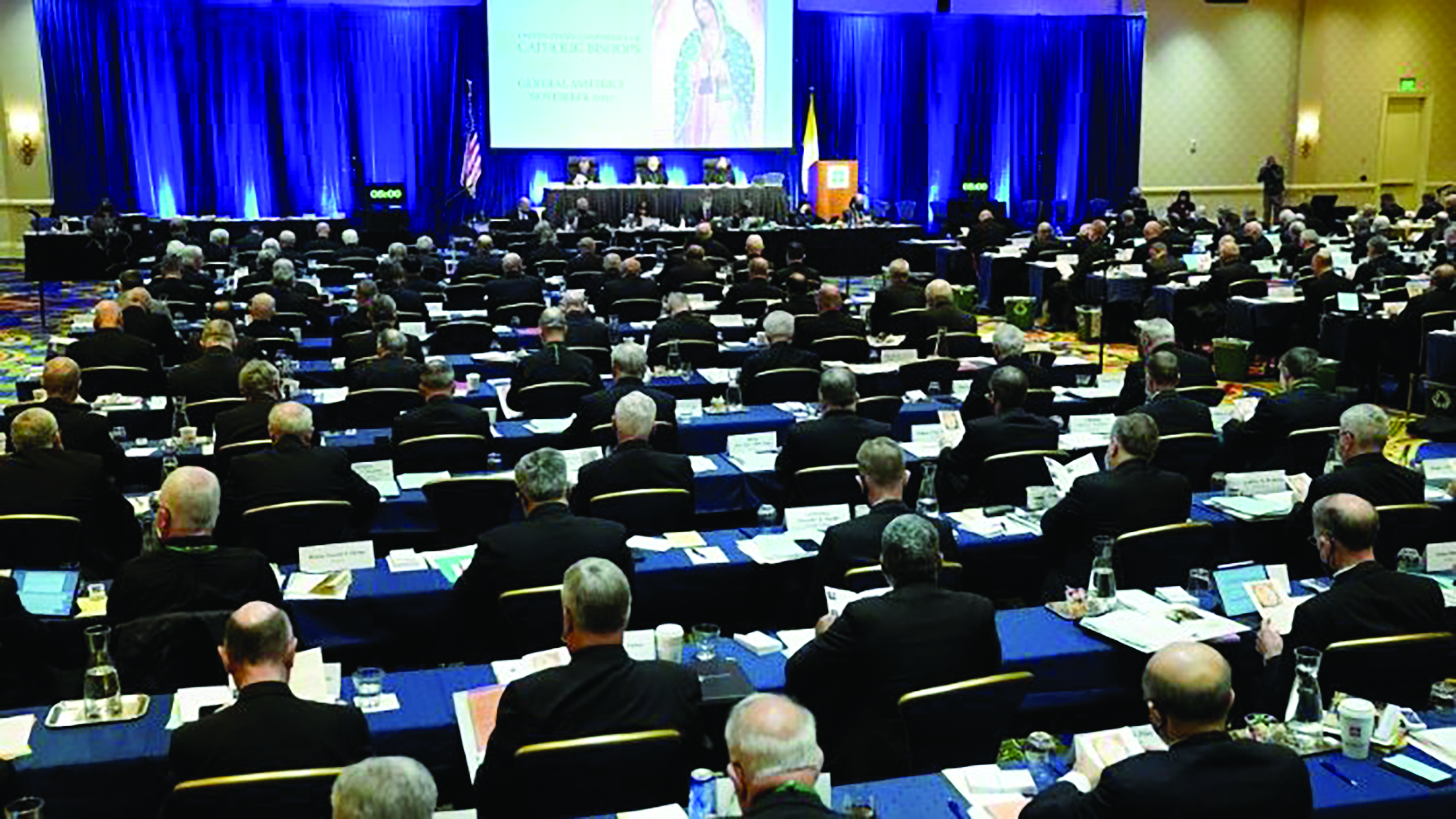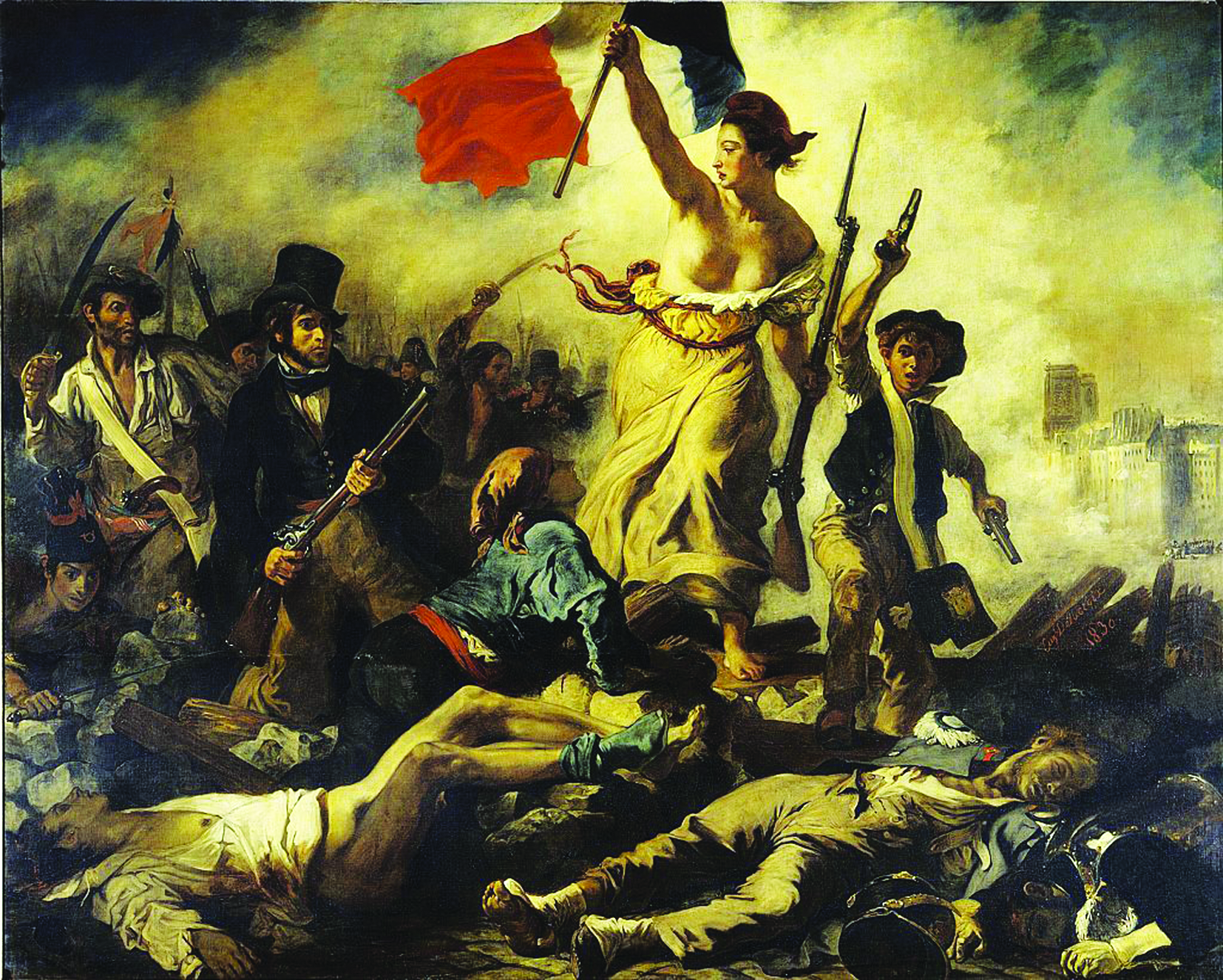The Holy See has approved the liturgical celebrations of the Neocatechumenal Way, but has stressed that this approval does not lessen the importance of the regular parish Mass. The complete papal text…
The Vatican in January announced the approval of the Neocatechumenal Way’s special, and sometimes controversial, liturgical rites, but Pope Benedict XVI has stressed that these celebrations are not “strictly liturgical” and that their aim must always be to encourage members to partake fully in the liturgical life of the local Catholic parish.
The Pope, speaking to some 7,000 members of the movement on January 20 in Rome, encouraged the movement’s members to continue “to offer your original contribution to the cause of the Gospel,” but urged them to always make sure their “precious work” is in “profound communion with the Apostolic See and the pastors of the local church.”
He added: “The unity and harmony of the ecclesial body are an important witness to Christ and his Gospel in the world we live in,” making clear that he wishes the Neocatechumenal Way, a parish-based faith formation program, to avoid any tendency to see itself as an “elite” group within the Church.
A number of top curial officials and the Neocatechumenal Way’s Spanish founders, Kiko Argüello and Carmen Hernandez, were also in the Vatican’s Paul VI Hall.

A group of US pilgrims with the Neocatechumenal Way holds a large banner saying “Benedict XVI Apostle of the Truth” during the pontiff’s general audience in Paul VI Hall, November 10, 2010 (CNS photo).
The actual decree approving the rites came from the Pontifical Council for the Laity, with the approval of the Congregation for Divine Worship and the Discipline of the Sacraments. The Council “grants the approval of those celebrations contained in the Catechetical Directory of the Neocatechumenal Way, which, are not, by their nature, already regulated by the liturgical books of the Church,” the decree says.
The decree, dated January 8 and released by the Vatican January 20, was signed by the laity council’s president, Cardinal Stanislaw Rylko, and its secretary, Bishop Josef Clemens.
The decree also mentions the Vatican’s approval of the organization’s statutes in 2008 and of its Catechetical Directory in 2010.
In his talk, the Pope said that while the celebrations described in the directory had been approved, the celebrations “are not strictly liturgical, but are part of an itinerary of growth in the faith.”
“The celebrations in the small communities, regulated by the liturgical books, which are to be followed faithfully, and with the particularities approved of in the Statutes of the Way, are tasked with helping those who follow the neocatechumenal itinerary be aware of the grace of being part of the salvific mystery of Christ,” he said.
The celebrations are a kind of steppingstone to the parish Mass as a way to help form and reintroduce lapsed or ill-prepared Catholics into “the richness of sacramental life,” the Pope said. For that reason “the neocatechumenates can celebrate the Sunday Eucharist in their small communities after the first Sunday vespers according to the arrangements of the diocesan bishop,” he said. But the Pope re-emphasized that every Eucharistic celebration “is ultimately directed by the bishop” and must be open to all Catholics, not just members of the Neocatechumenal Way.
“The progressive maturation in the faith” of each member and small community “must favor their insertion in the life of the greater ecclesial community, which is found in the liturgical celebration of the parish,” he said.
But during the Neocatechumenate’s journey of formation “it’s important not to be separated from the parish community, precisely in the Eucharistic celebration, which is the true place of unity for everyone, where the Lord embraces us in our different stages of spiritual maturity and unites us in the one bread that makes us one body.”
The Pope said the latest oversight measure reflected the way in which the Church “accompanies you with attention in a patient discernment, understands your richness, but looks, too, toward the communion and harmony of the whole ecclesial body.”
The papal audience is an annual event in which the Pope blesses families who, responding to the request of a local bishop, agree to go off as missionaries to assist with evangelization efforts. Of the 18 groups being sent as missionaries and accompanied by a priest, three families were heading to Boston. The majority were heading to European cities.






Facebook Comments